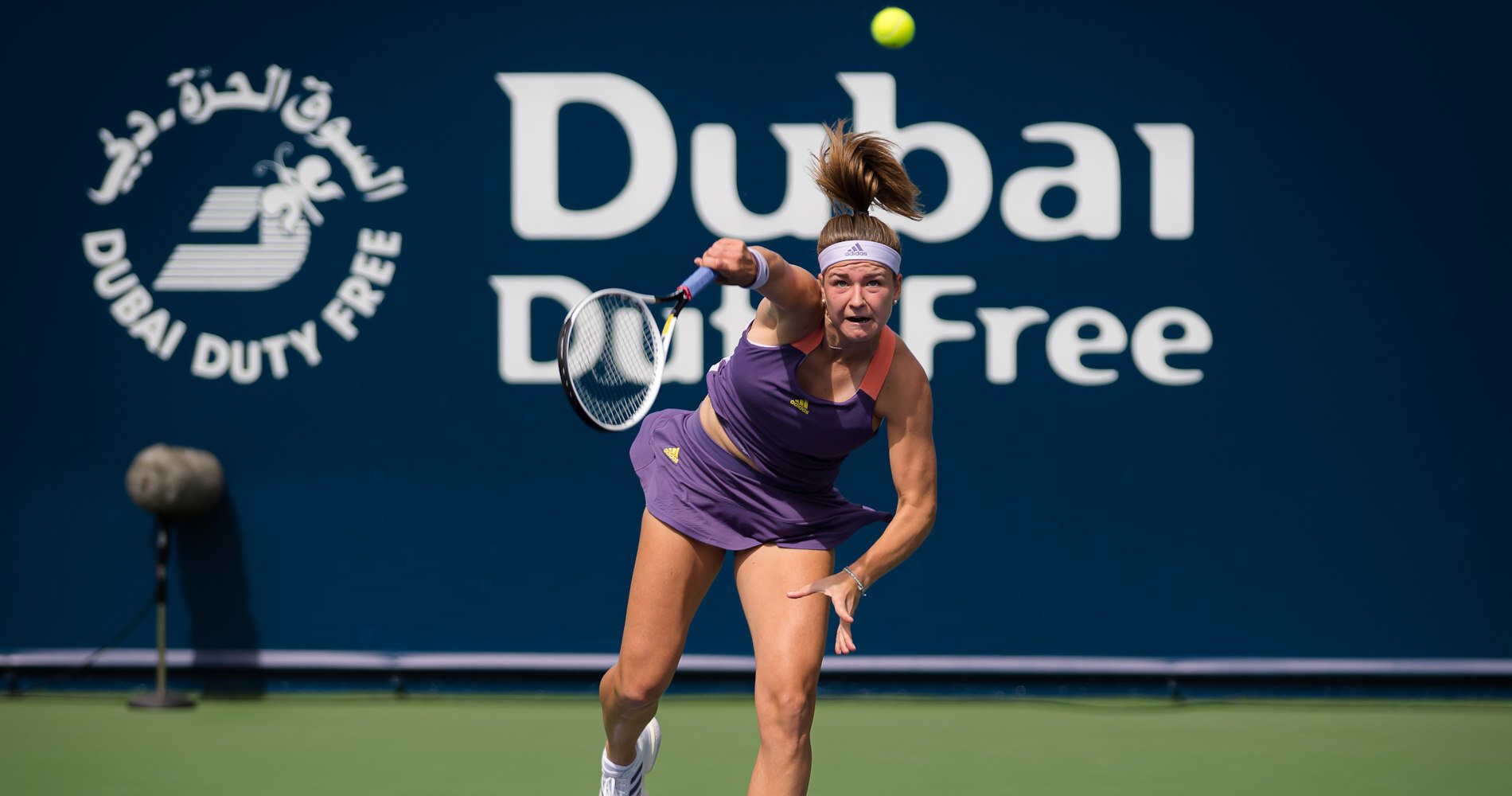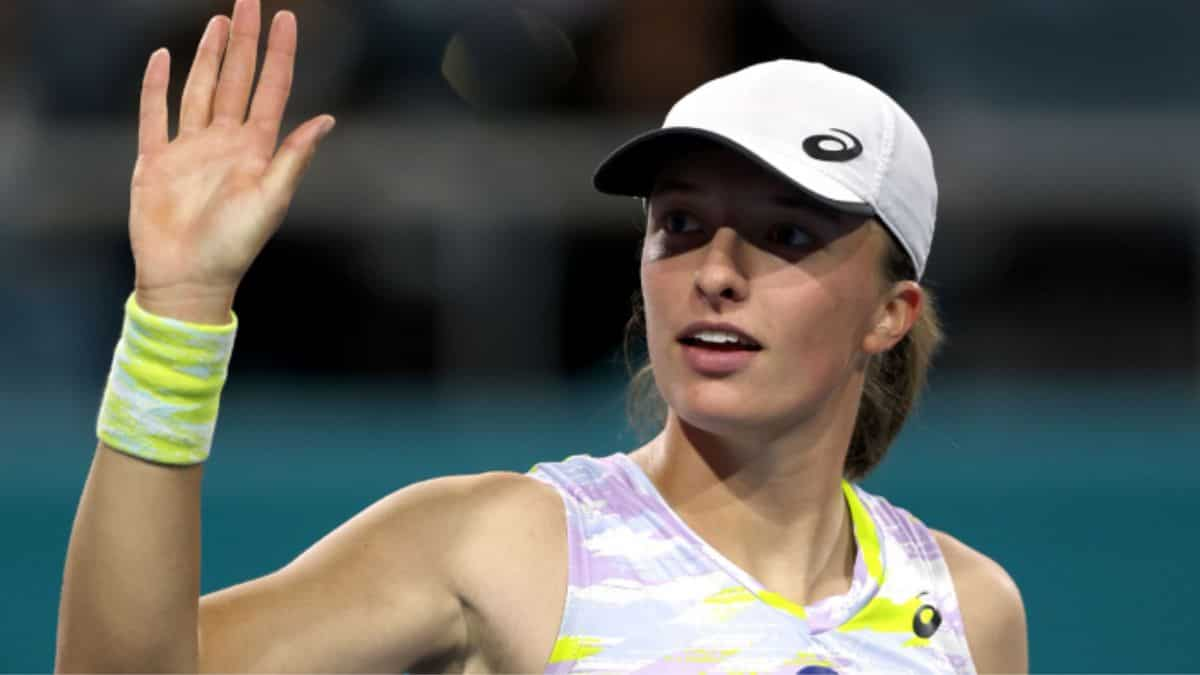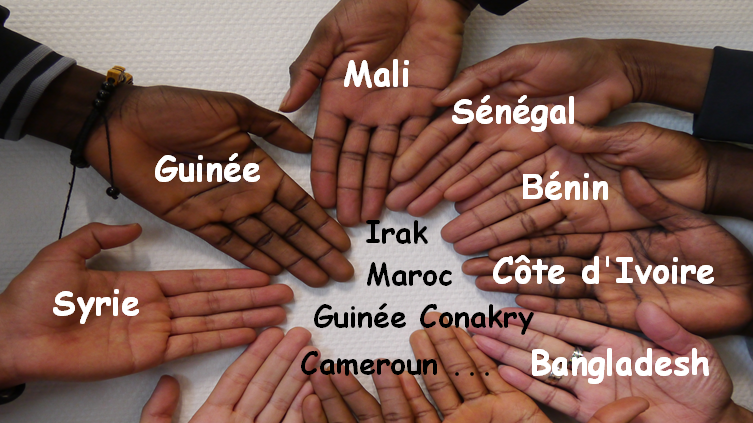Cross-National Collaboration: Reshaping The Eurovision Landscape

Table of Contents
The Power of Songwriting Partnerships in Eurovision
International songwriting partnerships are increasingly common in Eurovision, breaking down national barriers and creating songs with broader appeal. This cross-national collaboration results in a richer and more diverse musical landscape.
Breaking Down National Barriers:
International collaborations offer several key advantages:
- Increased creativity through diverse perspectives: Composers and lyricists from different backgrounds bring unique musical influences and ideas to the table, leading to innovative and unexpected musical outcomes. The fusion of styles results in songs that are both original and memorable.
- Enhanced potential for chart success: A song with international appeal, born from collaboration, has a greater chance of transcending national boundaries and achieving wider chart success beyond Eurovision.
- Sharing of expertise and experience across nations: Collaboration allows artists to learn from each other, expanding their skillsets and broadening their understanding of different musical traditions.
- Example: The 2016 winning song "1944" by Jamala for Ukraine, while written primarily by Jamala herself, benefited from collaborative efforts in arrangement and production, demonstrating the power of collective expertise.
The Role of Composers and Lyricists:
The success of many Eurovision entries hinges on the contributions of composers and lyricists from different countries.
- Impact of different musical backgrounds: The blend of musical styles, from traditional folk influences to contemporary pop, is a hallmark of many successful Eurovision entries. This diversity enriches the overall musical landscape of the competition.
- Successful cross-border teams: Many winning songs are the product of teams spanning multiple countries, highlighting the benefits of international collaboration in songwriting. The diverse backgrounds bring unique perspectives and creative energy.
- Navigating different languages and cultural nuances: Creating a song that resonates with a pan-European audience requires careful consideration of language and cultural sensitivities. This necessitates a high level of collaboration and mutual understanding.
The Collaborative Stage Production of Eurovision
The spectacular stage productions of Eurovision are a testament to the power of international collaboration. From choreography and visuals to advanced technology, the entire process relies heavily on the combined efforts of creative teams from across Europe and beyond.
Choreography and Visuals:
The visual aspects of Eurovision are a collaborative masterpiece.
- International nature of stage design teams: Leading designers and choreographers from different countries contribute their expertise to create the stunning stage shows. This results in a visually innovative and exciting experience for viewers.
- Innovative stage designs resulting from collaboration: The merging of different design styles and technological capabilities leads to incredibly creative and memorable stage designs each year.
- Roles of lighting designers, costume designers, and choreographers: The collective efforts of these professionals, often from different countries, are essential in creating the overall visual spectacle.
Technological Collaboration:
Eurovision’s technical achievements rely on seamless international collaboration.
- Complex logistics of international technical collaborations: Coordinating the efforts of diverse technical teams across multiple countries requires significant planning and organization.
- Importance of standardized equipment and protocols: Ensuring compatibility and efficient operation of equipment necessitates collaboration on establishing standardized protocols and practices.
- Benefits of sharing technological expertise between participating broadcasters: Collaboration allows broadcasters to share knowledge and resources, leading to innovation and advancement in broadcast technology.
The Socio-Political Impact of Cross-National Collaboration in Eurovision
Eurovision's cross-national collaboration goes beyond the artistic; it carries a significant socio-political impact.
Bridging Cultural Divides:
Eurovision serves as a platform for cultural exchange and understanding.
- Role of music in diplomacy and promoting cross-cultural understanding: Music transcends language barriers and fosters a sense of unity among diverse communities, promoting intercultural dialogue and understanding.
- Eurovision's contribution to improved relations between countries: The collaborative nature of the contest can help build bridges and improve relations between nations, fostering a sense of shared identity.
- Impact of diverse musical styles and their representation on the Eurovision stage: The diversity of musical styles showcased reflects the richness and variety of European cultures.
Promoting Inclusivity and Diversity:
Eurovision increasingly embraces inclusivity and diversity.
- Representation of different LGBTQ+ communities in Eurovision: The contest has become increasingly welcoming and inclusive of LGBTQ+ artists and audiences.
- Collaborations championing inclusivity and representation: Cross-national collaborations often showcase the diverse talents and perspectives of artists from different backgrounds, promoting inclusivity.
- Diverse musical styles gaining prominence due to cross-national collaborations: The fusion of various musical styles further emphasizes the celebration of diversity.
Conclusion:
Cross-national collaboration is undeniably reshaping the Eurovision landscape, enriching the contest with diverse musical styles, innovative stage designs, and a powerful message of international understanding. From songwriting partnerships to complex stage productions, collaboration is the lifeblood of Eurovision, fostering creativity, inclusivity, and a spirit of global cooperation. By embracing the power of cross-national collaboration, Eurovision continues to captivate audiences worldwide and solidify its place as a unique cultural phenomenon. To learn more about the remarkable impact of cross-national collaboration on the future of the Eurovision Song Contest, explore the official Eurovision website and discover the diverse talent and creativity on display.

Featured Posts
-
 Eramets Era Low Lower Carbon Manganese Alloys For A Greener Steel Industry
May 14, 2025
Eramets Era Low Lower Carbon Manganese Alloys For A Greener Steel Industry
May 14, 2025 -
 British No 2 Raducanu Loses To Muchova In Dubai
May 14, 2025
British No 2 Raducanu Loses To Muchova In Dubai
May 14, 2025 -
 L Impact Du Help Extension Act Sur L Economie Haitienne Analyse Et Perspectives
May 14, 2025
L Impact Du Help Extension Act Sur L Economie Haitienne Analyse Et Perspectives
May 14, 2025 -
 Swiateks Rome Defeat Drop From World No 2 Confirmed
May 14, 2025
Swiateks Rome Defeat Drop From World No 2 Confirmed
May 14, 2025 -
 Position De Retailleau Sur Les Oqtf Le Cas De Saint Pierre Et Miquelon
May 14, 2025
Position De Retailleau Sur Les Oqtf Le Cas De Saint Pierre Et Miquelon
May 14, 2025
